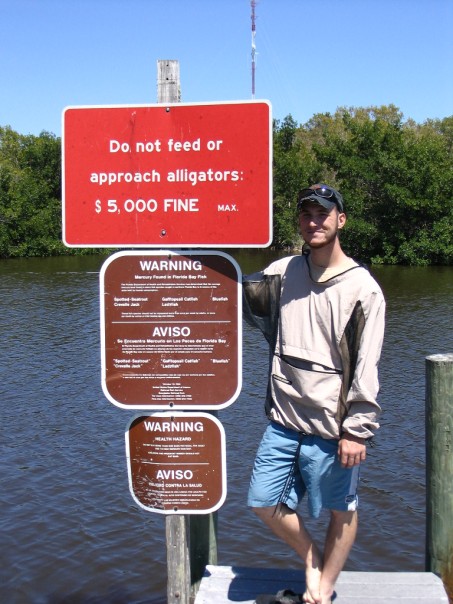
A federal agency announced on Wednesday three scenarios for the 2006 Pacific salmon fishing season that range from a greatly reduced catch to banning ocean fishing entirely along the California coast to protect chinook runs on the Klamath River.
Fishermen said the options outlined in Seattle by the Pacific Fishery Management Council, which sets seasons and quotas for coastal Pacific fisheries, range from abysmal to catastrophic.
Environmentalists and fisheries advocates say the Klamath's runs have been depleted by disease and warm water resulting from dams and agricultural diversions. But Klamath Basin farmers generally discount those arguments, claiming the salmon have withstood similar downturns in the past.
Chinook salmon from other rivers are plentiful this year -- in particular, the Sacramento River. But because the two populations commingle in offshore waters, Sacramento River salmon cannot be singled out because there could be incidental takings of Klamath chinooks.
The fisheries agency is expected to confirm its final options on Friday. The options will be sent out for public comment, and the council will make a decision at its meeting in Sacramento early next month. The agency's recommendation then goes to the U.S. Commerce Department for final approval.
One option calls for a complete closure on salmon fishing off the California coast from Monterey north to Oregon, and a second provides for a resetting of last year's season -- which fishermen say was disastrous because it reduced fishing by 60 percent and resulted in about $40 million in losses to the industry. A third option would allow for some fishing, but at a level much reduced from last year's season. Final details on this option have not been determined.
"It's this last option -- the middle ground -- that's the real key," said Glen Spain, the northwest regional director for the Pacific Coast Federation of Fishermen's Associations, a commercial fishing advocacy group based in San Francisco.
"It's by no means certain there will be a season, and even if there is, it will be at the low end of last year's numbers," Spain said.
Fishermen say they can't weather such a reversal.
"Last year's season cut my income by 25 percent, and if you cut it by half again, I'm not going to be able to pay my bills," said Half Moon Bay salmon troller Duncan MacLean, who attended Wednesday's council meeting.
The crux of the problem, say fishermen and environmentalists, is the low flows and poor water quality on the Klamath. Much of the river's water is diverted for irrigation, and some of that water ends up back in the river, laden with nutrients that feed oxygen-depleting algae.
The situation is exacerbated by six dams on the river, from southern Oregon to far Northern California, that heat up the water until it is tepid -- and deadly to salmon, which require cold water.
The situation came to a catastrophic head in 2002, when about 40,000 mature salmon died in the river as a result of poor water quality and a small parasite that thrives in warm water. The same factors killed thousands of the Klamath's young salmon in 2003.
"The crisis over the current situation is a clear indication the river is dying," said Spain.
Spain said the Federal Energy Regulatory Commission in April will consider renewing the 50-year licenses for the dams.
Dave Solem, the manager of the Klamath Irrigation District, an agency that uses the Klamath to water thousands of acres of crops in the river's upper basin, said farmers aren't necessarily the reason for the salmon's decline.
"The Klamath project has been operating the same way for about 100 years," said Solem, who added that rainfall and snowpack in the watershed seem to affect the fishery more than anything else. "Chinook numbers have been down before, and they came back -- we expect they will do so again," he said.




No comments:
Post a Comment